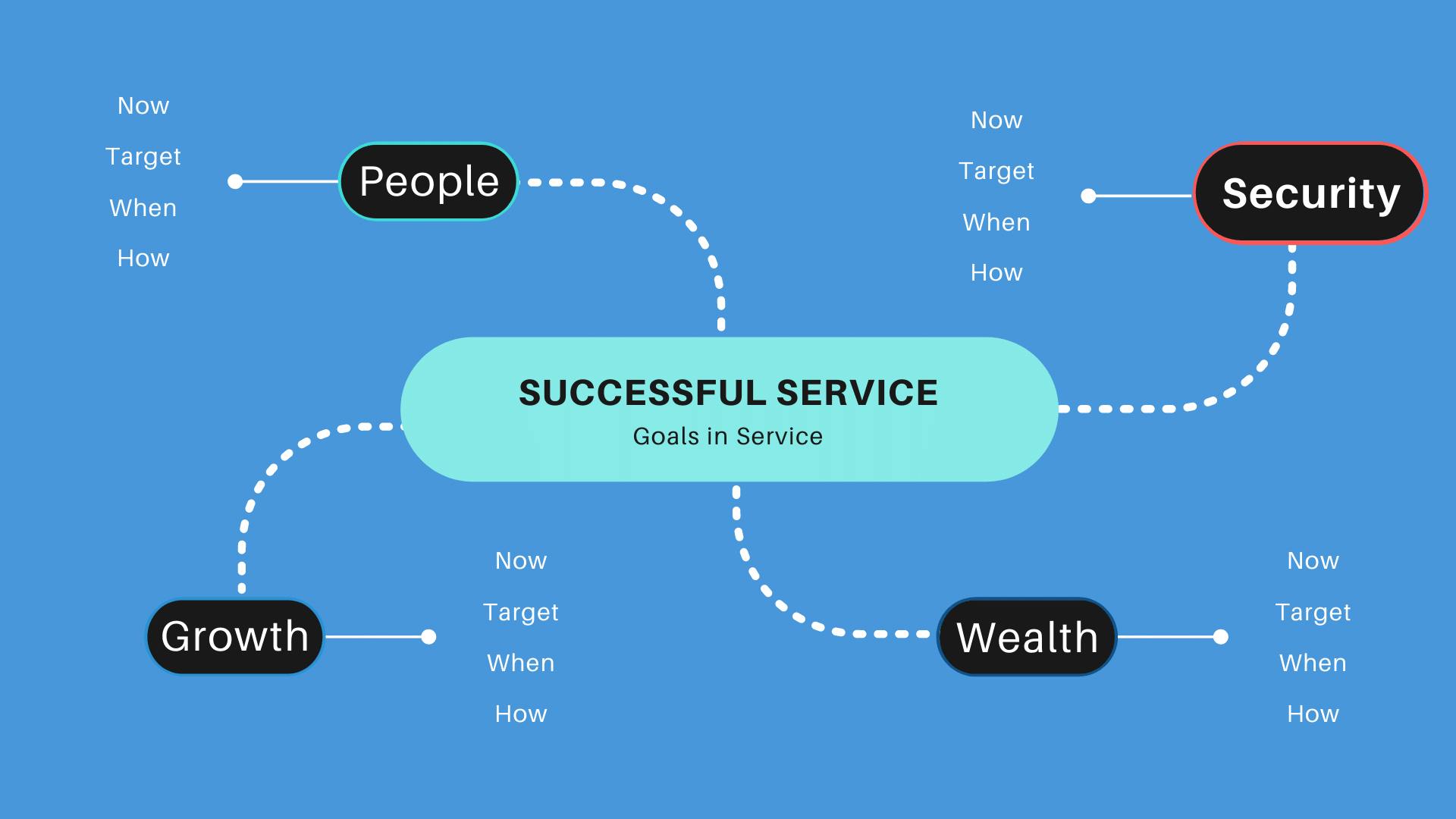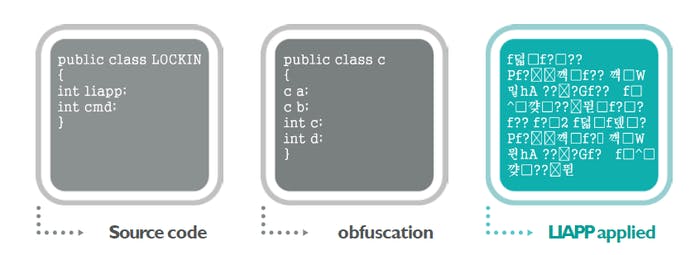Continue to 7 Essential Security Terms - Part 1, in this post we'll discuss what is the meaning of Debugging, Code Obfuscation and Code Encryption.
 -Successful Service Business-
-Successful Service Business-
5. Debugging
Debugging refers to a test process in the final stage of program development that explores program errors and its causes to solve those existing problems. Yet, hackers, or malicious users, exploit debugging as a conduit for analyzing program behavior and security vulnerabilities.
6. Code Obfuscation
Code Obfuscation refers to, breaking down and totally modifying the source code so that it is difficult for the third party to understand the code while keeping the original features of the app. It's a technique to protect important information from being stolen.
Changing the meaningful name on the class, method, field, etc. written in the source code to a name that cannot be easily inferred is also a type of code obfuscation technique. Ex) Changing name 'Buy_Item' -> 'a' However, be aware that obfuscation mainly takes a role of slowing down the time of source code analysis and analogy, not preventing attacks such as malicious changes in apps or memory changes.
7. Code Encryption
Encryption is usually referred to a technique that protects important information (ex. A crucial and confidential document files) from being recognized. Ex) A crucial and confidential document files. However, in the case of LIAPP, encryption techniques are applied not only to general files but also to source codes to provide a safe running environment for apps.
 -Source Code Protection with LIAPP-
-Source Code Protection with LIAPP-
Hope the above information is helpful for you to prepare the essential security elements for the app service and grow into a successful one. If you have any questions, please leave a comment!
To know more about how to protect your mobile app?
